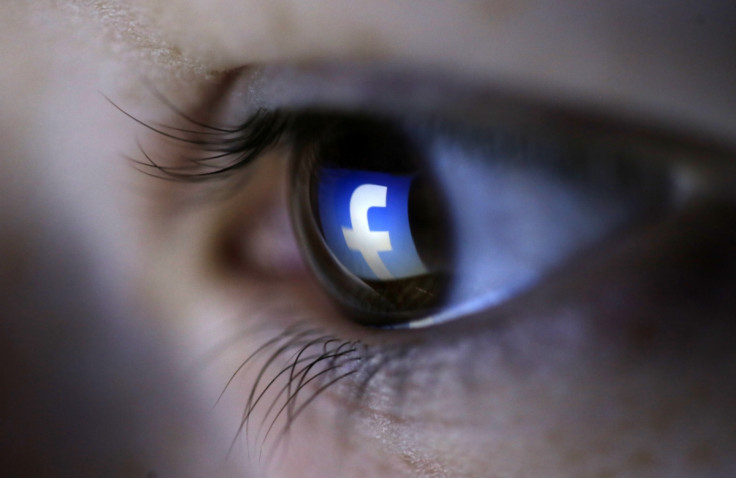Facebook and Google have become 'surveillance states' and risk regulation, investor warns
Ex Facebook exec Chamath Palihapitiya had tough words for his former employer.

Facebook and Google will soon face increased levels of US government regulation because they have effectively evolved into "surveillance states", believes Chamath Palihapitiya, a leading Silicon Valley venture capitalist and former social media executive.
Palihapitiya, CEO of Social Capital and a former Facebook staffer, told CNBC this week (14 September) that Amazon is instead a much better investment opportunity because it is modelled on consumption and is currently operating in the "most unconstrained market."
He was discussing the topic of "Fang" stocks, an acronym for Facebook, Amazon, Netflix and Google.
"The regulatory overhang is much higher in the case of Facebook and Google than it is for Amazon," he said.
"Amazon is a microscopic portion of global consumption today, so ultimately I think it has more room to grow before it invites regulatory overview.
"On the other hand, Facebook and Google effectively are surveillance states.
"They have so much personal, private information about so many citizens of so many countries. They have to deal with some very sensitive issues."
Palihapitiya said companies like Facebook and Google are constrained by an ad-based model, and noted that holding onto so much public data could become a real issue.
"These are massive data companies," he continued. Facebook is not really a social network, it's a data company in disguise. Google is not really a search business, it's a data company in disguise."
Indeed, such companies have already faced the ire of regulators.
This year, the European Union's competition watchdog hit Google with a whopping 2.42 billion euro ($2.72 billion) fine after it was found to have "abused its market dominance as a search engine."
Facebook, meanwhile, has for years been plagued by accusations of tax avoidance.
This month the social network was slapped with a €1.2m ($1.4m) fine in Spain for allegedly collecting users' personal information, without consent, for advertising purposes.
And Palihapitiya suggested that such crackdowns are just the tip of the iceberg.
"It's already beginning because its part and parcel to [governments] realising that there's too much power unbounded," he claimed.
He adding that Amazon, in comparison, has while to go before it "invites that level of scrutiny."
Alongside the roles of commentator and investor, Palihapitiya is well-known as one of the original executives of Facebook. In 2013, Business Insider reported that he was once "one of Mark Zuckerberg's most trusted lieutenants in Facebook's formative years."
Social media companies have been facing calls for heightened regulation this year, especially in the wake of numerous investigations into how their massive platforms can be abused – including by Islamic State (IS) terrorists and state-sponsored hacker groups.
In June this year, following the London Borough Market terror attack, British prime minister Theresa May called for more rules on internet companies, declaring "enough is enough."
She said: "We cannot allow this ideology the safe space it needs to breed.
"Yet that is precisely what the internet, and the big companies that provide internet-based services provide," she continued, adding: "We need to work with allied democratic governments to reach international agreements that regulate cyberspace."
And even some high-profile technologists are coming round to the idea of government intervention.
Renowned cryptographer Bruce Schneier made such an appeal following the recent data breach of 143 million records from credit monitoring giant Equifax. He wrote: "If you want to prevent this kind of thing from happening again, your only solution is government regulation.
"The market can't fix this."
© Copyright IBTimes 2025. All rights reserved.






















